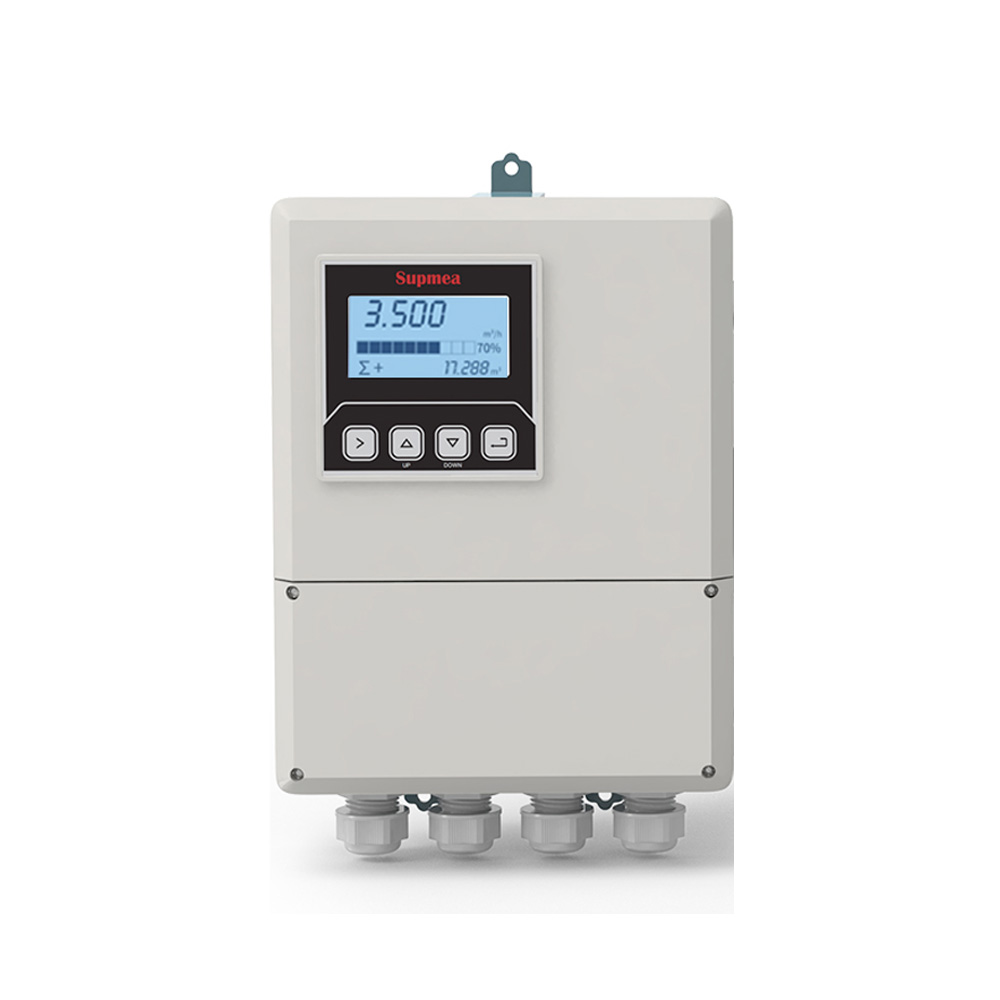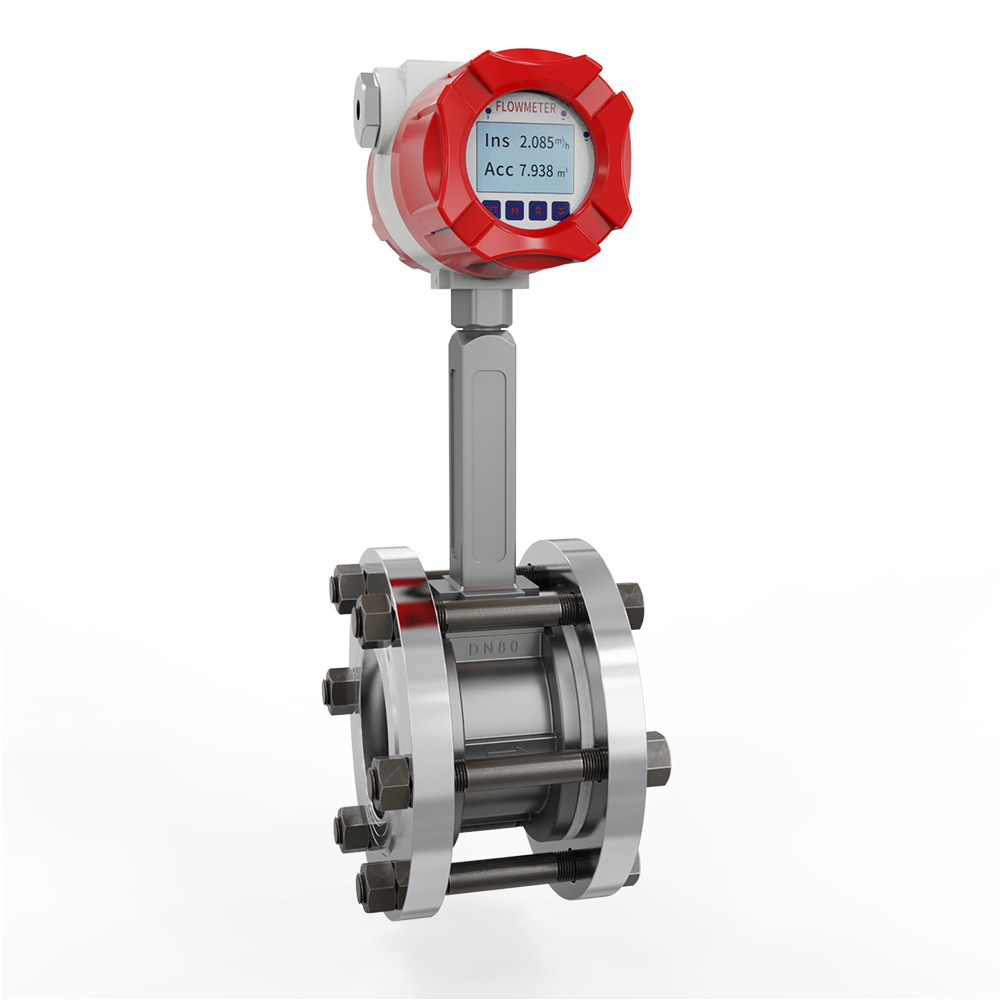We use cookies to enhance your experience. By continuing to browse this site you agree to our use of cookies. More info.
ABB's largest-ever electromagnetic flowmeter is set to provide accurate and real-time data, optimizing operations for a desalination plant in Saudi Arabia. Hydrostatic Level Transmitter

Image Credit: ABB Measurement & Analytics
In response to global population growth and increasing water scarcity, desalination has become a crucial solution for producing clean drinking water.
There are approximately 16,000 desalination plants worldwide at present, collectively capable of producing 100 million cubic meters of water daily, supplying over 300 million individuals.
To ensure the desalination plant maintains exceptional energy efficiency, reliability, and water quality, precise and consistent measurement of various parameters is essential.
ABB recently finalized the production, calibration, and shipment of its record-breaking electromagnetic flowmeter. This cutting-edge flowmeter was specifically designed for the Yanbu project—a significant seawater desalination endeavor in Saudi Arabia.
According to a recent ARC report, approximately 97 percent of Saudi Arabia's drinking water comes from desalination. The Yanbu project aims to deliver 450,000 tons of potable water per day to 1.5 million people residing in the city of Medina and its surrounding areas.
As part of the Yanbu project, ABB developed and calibrated a colossal DN3000 flowmeter at its Shanghai factory in China with an inner diameter of 3 meters.
ABB’s large-diameter electromagnetic flowmeter along with other measurement solutions will streamline operations at a reverse-osmosis desalination plant, which will help ease the Kingdom’s water scarcity woes.
Hymer-ShiPing Wen, General Manager, Shanghai Facility at ABB.
Electromagnetic flowmeters play a crucial role in a desalination plant, gathering data on water flow rates at different stages of converting seawater into drinking water.
The main reason for a customer to require a super-sized electromagnetic flowmeter would be the sheer volume of water that is being processed at a treatment facility. To obtain accurate data, you would need a ‘giant’ flowmeter with a low calibration that could measure flow rates for large amounts of water.
Ricky-WeiQi Jiang, Product Manager, Electromagnetic Flowmeters at ABB.
Image Credit: ABB Measurement & Analytics
ABB emerged as a leading contender for this project due to its extensive technical expertise in other regional desalination plants. Moreover, the company's possession of the OIML R49 certification further solidified its position.
ABB's Shanghai factory also made significant enhancements, including updates to equipment, tooling for assembly and welding stations, and the calibration device to develop the DN3000 flowmeter.
These high-precision electromagnetic flowmeters give plant operators greater control over processes while optimizing pump performance, boosting production, and improving energy efficiency.
With an impressive accuracy of up to 0.2%, the DN3000 flowmeter significantly enhances performance and reduces costs for the desalination facility. Even at low flow rates, the customized device maintains an accuracy of 0.4%, thus enhancing control over wastewater discharge and promoting sustainable operations.
“This giant flowmeter is a milestone for ABB. The increase in calibration capabilities significantly improves our capacity to produce large-diameter electromagnetic flowmeters,” noted Hymer-ShiPing Wen.
ABB has previously developed a 2.4-meter diameter flowmeter.
In addition to the development of the DN3000 flowmeter, ABB's teams in China and the UK collaborated to deliver other electromagnetic flowmeters and AquaMaster devices.
Image Credit: ABB Measurement & Analytics
ABB's digital solutions enable precise and real-time monitoring of both the inflow of saline water and the outflow of potable water in desalination plants, capturing data at each stage of the process.
“Based on the information from these smart devices, operators gain value-added insight into the water treatment plant’s day-to-day performance, which helps boost productivity, improve energy efficiency and prevent unexpected events,” added Ricky-WeiQi Jiang.
Alongside digital advancements to the devices, ABB's flowmeters incorporate cutting-edge designs tailored to withstand the challenging conditions in desalination plants. These conditions include corrosive seawater, high temperatures, and elevated humidity levels.
Image Credit: ABB Measurement & Analytics
The digital water flow measurement systems offered by ABB are user-friendly, featuring straightforward installation processes with quick commissioning times. These innovative devices provide intuitive and convenient navigation, offering step-by-step guidance to plant operators.
Diagnostic functions embedded within the systems allow for self-monitoring and evaluation of water flow processes. In case of any errors, the devices prompt troubleshooting options, ensuring optimal performance and efficiency.
“Digitalization not only ensures that flowmeters are working optimally and efficiently. It also facilitates effective maintenance in the unfortunate event of an error,” said Ricky-WeiQi Jiang.
ABB also offers VeriMaster, a tool that enables operators to verify the performance of flowmeters and identify potential issues that may impact functionality. This verification utility also facilitates the printing of calibration verification records to ensure compliance with regulatory standards.
“ABB’s work supports some of the most complex infrastructures and operations, and our innovative measurement solutions can help to mitigate the world’s water scarcity issues,” added Hymer-ShiPing Wen.
ABB's electromagnetic flowmeters have been utilized in various water and wastewater treatment facilities operating in demanding environments. These flowmeters are equipped with customized sensor and transmitter materials to meet the unique challenges posed by each facility.
This information has been sourced, reviewed and adapted from materials provided by ABB Measurement & Analytics.
For more information on this source, please visit ABB Measurement & Analytics.
Please use one of the following formats to cite this article in your essay, paper or report:
ABB Measurement & Analytics. (2023, July 17). Electromagnetic Flowmeters: Playing a Key Role in Desalination Plants. AZoM. Retrieved on December 11, 2023 from https://www.azom.com/article.aspx?ArticleID=22706.
ABB Measurement & Analytics. "Electromagnetic Flowmeters: Playing a Key Role in Desalination Plants". AZoM. 11 December 2023. <https://www.azom.com/article.aspx?ArticleID=22706>.
ABB Measurement & Analytics. "Electromagnetic Flowmeters: Playing a Key Role in Desalination Plants". AZoM. https://www.azom.com/article.aspx?ArticleID=22706. (accessed December 11, 2023).
ABB Measurement & Analytics. 2023. Electromagnetic Flowmeters: Playing a Key Role in Desalination Plants. AZoM, viewed 11 December 2023, https://www.azom.com/article.aspx?ArticleID=22706.
Do you have a question you'd like to ask regarding this article?
AZoM.com - An AZoNetwork Site

Temperature Sensor Owned and operated by AZoNetwork, © 2000-2023